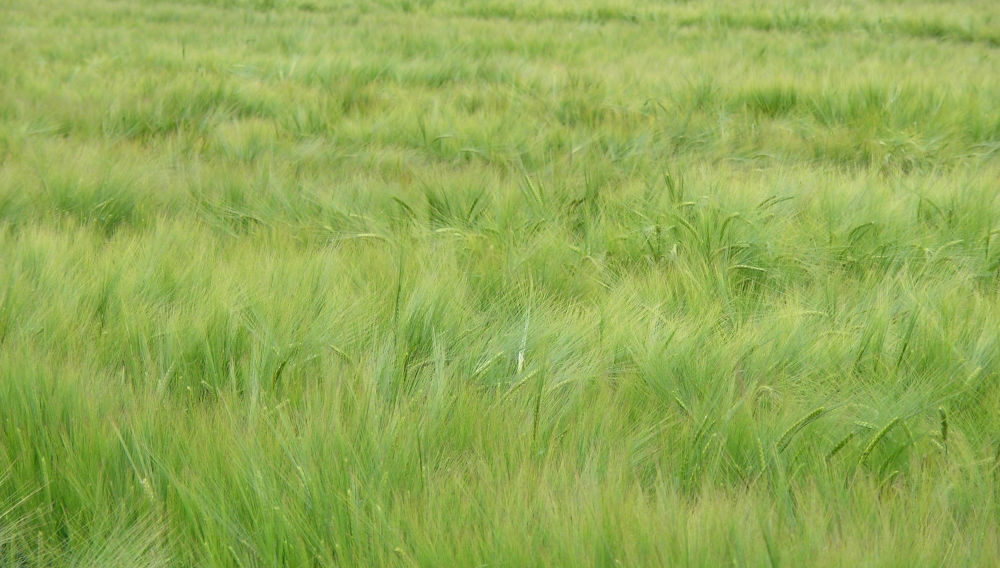Spring barley 2023 in Europe
Hardly any change expected | The acreage for spring barley in Europe this year is expected to be about the same in total as last year. However, spring barley sown in autumn is becoming more and more important.
In general, the classification of spring barley sown in autumn makes for inconsistent and difficult-to-estimate acreage forecasts in Europe.
In France, seeding more wheat, barley and canola has left less room for spring barley. Weather conditions were satisfactory, also for sowing spring barley in autumn. Its share is estimated at up to 160000 ha. In Scandinavia, the agricultural activities usually done in spring have been starting later due to weather conditions. In Denmark, a slightly reduced acreage of three to five percent is expected. Sweden expects an almost unchanged acreage. In the United Kingdom, experts also talk about a slightly reduced acreage. However, the estimates still differ widely.
In Germany, the estimates for autumn sowing of spring barley also vary considerably, from 30,000 ha to 50,000 ha. Thus, the expected acreage for 2023 also varies quite a bit, but it will probably decrease slightly compared to the total area of the previous year. Regionally, seeding is slow due to the weather. The long awaited precipitation is in fact delaying work in the fields, especially in the north and east and in the southwest. However, the sown crops are doing well so far.
In Austria, experts again predict a smaller acreage. The Czech Republic also expects a slightly reduced acreage. Winter barley has survived the winter without major damage. The summer crops have developed well so far. In Poland, too, the acreage is expected to be smaller than in the previous year. Difficult sowing conditions are caused by rainfall: In some regions of Poland it is too wet and additionally too cold to sow barley. In Hungary, too, more and more spring barley is sown in autumn, with spring sowing estimated to be more or less unchanged.
Malting barley market
The connection for malting barley to the new crop is considered a given in the market. The balance is expected to be harmonious until the new harvest. The malting barley and malt trade is quiet. Apparently, the brewers are well supplied until the end of the calendar year. Beyond that, there is still little buying interest. The maltsters, on the other hand, have sold well and have only a few free stocks left. The export business is still going well. The old crop is hardly called up. Prices for malting barley have experienced a similar development in recent months with peak prices as for wheat.
There are hardly any contracts for malting barley for the new crop at the moment (end of April). The willingness to sell is still low. However, French producers traditionally start selling their goods at the end of April. In general, however, the uncertainties regarding regional growth and precarious geopolitical situations are leading to caution in the market.
Keywords
barley raw materials spring barley barley market
Authors
Dagmar Hofnagel
Source
BRAUWELT International 2023


